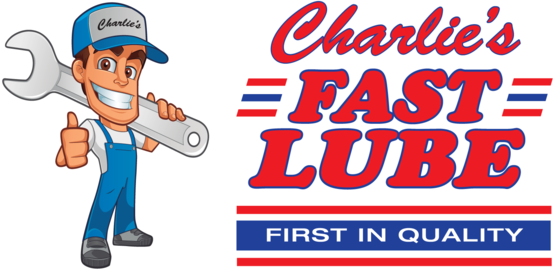PCV Valve Replacement
April 10, 2022
Hello Anna, let's talk about your often-unnoticed but extremely important PCV valve. The energy from exploding fuel is what powers your engine. But some of the vapors from the explosions escape into the lower part of the engine, called the crankcase. The crankcase is where your engine oil hangs out. These gases are about 70% unburned fuel. If the gases were allowed to stay in the crankcase, they would quickly contaminate the oil and turn it to sludge. Anna folks know that sludge is one of the biggest enemies of your engine, clogging it up and eventually leading to expensive failures. Also, the pressure buildup would cause seals and gaskets to blow out. Therefore, these gases need to be vented out.
Pre-1963, gasoline engines had a hose that let the fumes vent out into the air. In 1963, the federal government required gas engines to have a special one-way valve installed to help reduce dangerous emissions. (Can you imagine how polluted our Illinois air would be if every car had been releasing those poisonous fumes for the last 50 years?) Diesel engines are not required to have these valves.
The positive crankcase ventilation (PCV) valve routes crankcase gases through a hose and back into the air intake system where they are re-burned in the engine. Fresh, clean air is brought into the crankcase through a breather tube. It's really a pretty simple system, but it does the job. The re-circulating air removes moisture and combustion waste from the crankcase, preventing sludge. This extends not only the life of your oil but the engine as well. The PCV relieves pressure in the crankcase, preventing oil leaks.
Eventually, the PCV valve can get gummed up. Then it can't move enough air through the engine to keep it working properly for Anna vehicles. If the PCV valve is sticking enough, you could have oil leaks, excess oil consumption and a fouled intake system. If you experience hesitation, surging or an oil leak, it may be a sign of PCV valve problems. Your vehicle's owner's manual may give a recommendation for when the PCV valve should be replaced - usually between 20,000 mi/32,000 km and 50,000 mi/80,000 km. Unfortunately, some don't list a recommendation in the manual, so it can be easy to overlook.
Many PCV system problems can be diagnosed by our technicians at Charlie's Fast Lube Anna . Fortunately, PCV valve replacement is both quick and inexpensive at Charlie's Fast Lube Anna. Proper oil changes will greatly extend the life of the PCV valve. Skipping a few recommended oil changes can allow varnish and gum to build up in the valve, reducing its efficiency. So now when your Anna service technician tells you its time to replace your PCV valve, you will know what he's talking about. If you have had your car for a while and this is the first you've ever heard of a PCV valve, ask your technician to check yours out or call Charlie's Fast Lube Anna at 618-833-4999.
Charlie's Fast Lube Anna
1215 East Vienna St.
Anna, Illinois 62906
618-833-4999
http://www.charliesfastlubeanna.com
Need Service?
More articles from Charlie's Fast Lube Anna

A Head Start on Starting (Battery Testing)
January 25, 2026
If your vehicle isn't starting or doesn't sound like it used to when you crank it, the culprit may be the battery. You may have left a light on, or something plugged into one of charging ports. Maybe you accidentally left your vehicle in the "on" or "accessory" position when you last got out. M... More

Full Stop (Brake Master Cylinder Replacement)
January 18, 2026
When you step on your brake pedal, you want to feel confident that your vehicles going to stop. If your brakes arent working right, its a risk to your safety and the safety of others on the road. After all, youre driving a machine that weighs thousands of pounds, and you have to be able to stop... More

A Clean Sweep (Fuel Injector Cleaning)
January 11, 2026
Your vehicle gets its power from burning fuel, usually gasoline, and it counts on something called fuel injectors to send gas to the engine in a spray that is easy to ignite. Its a precise operation, and when its working well, you have plenty of power and an efficient engine. But after time, con... More










